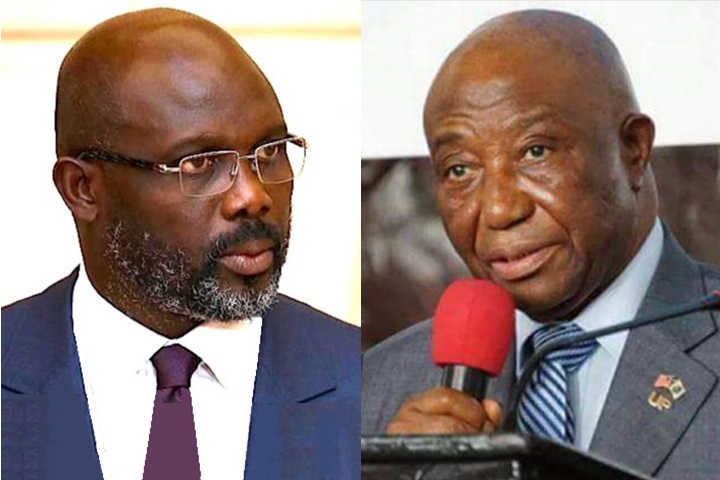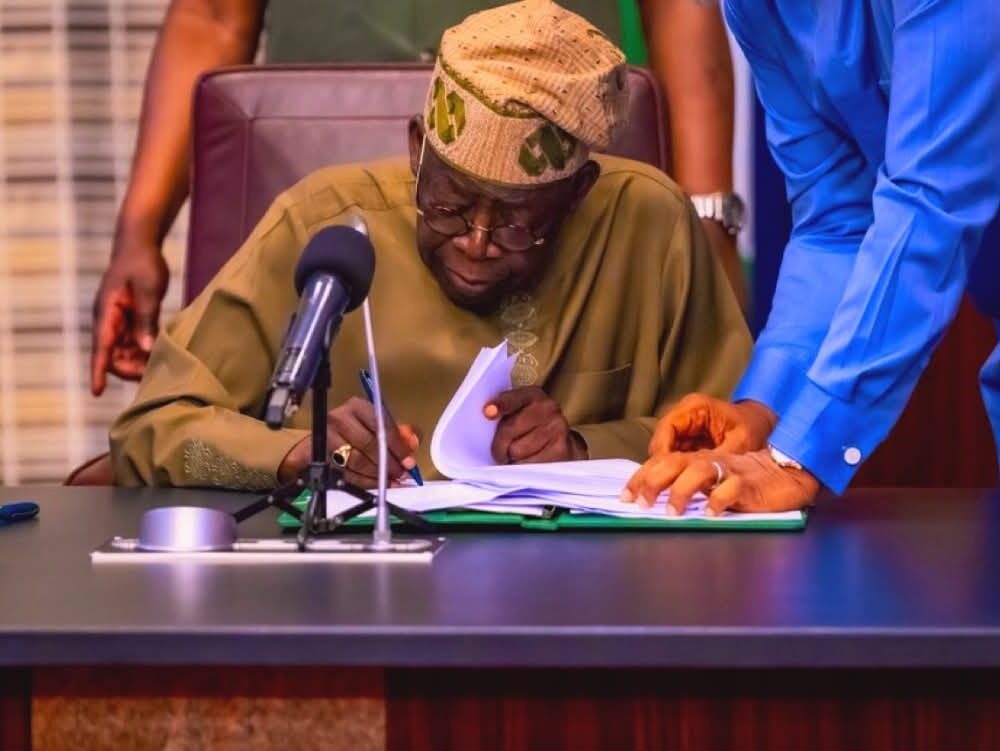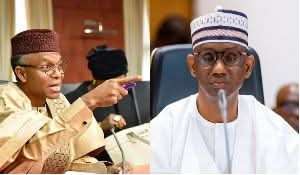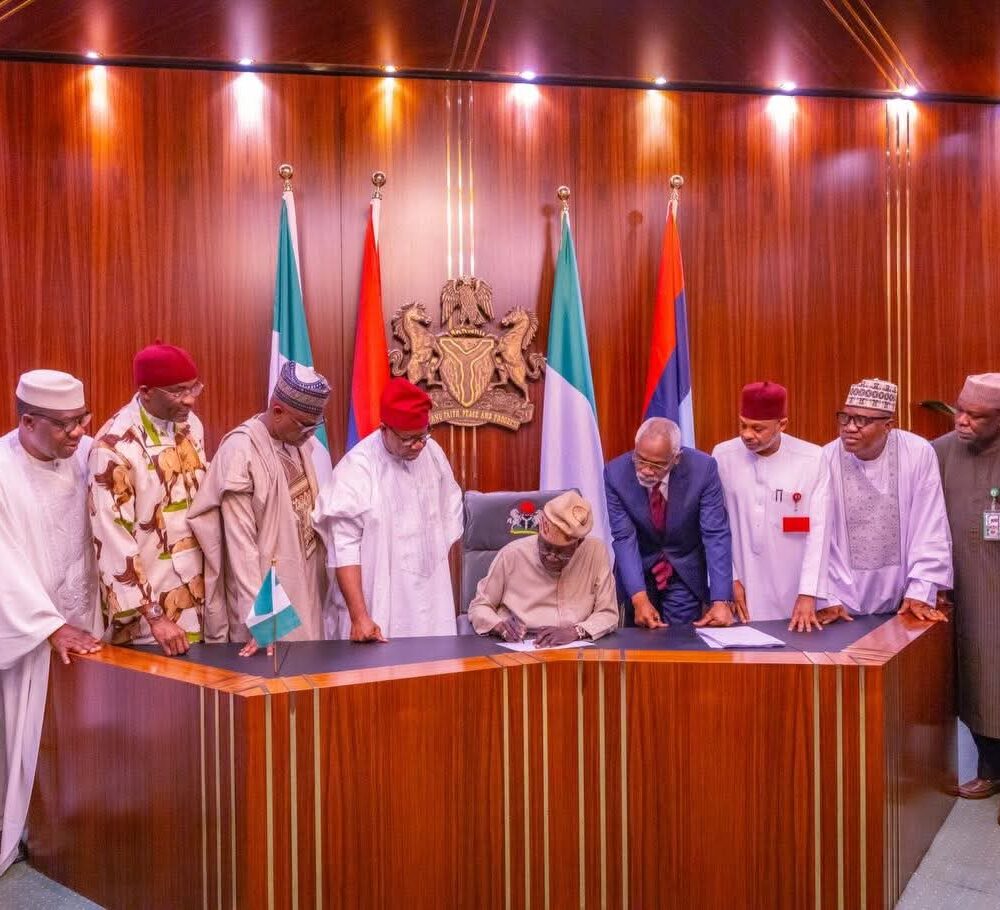Liberia President George Weah on Friday conceded election defeat to opposition leader Joseph Boakai after a tight race, ending a presidency marred by graft allegations but helping to ensure a smooth transition of power in the once volatile African nation.
Boakai, 78, a former vice president who lost to Weah in the 2017 election, led with 50.9% of the vote over Weah’s 49.1%, with nearly all the votes counted, the country’s elections commission said on Friday.
The result marks a stark turnaround from 2017, when global soccer legend Weah, buoyed by a wave of hope, trounced Boakai with 62 percent of the vote. Many have since grown disillusioned with the lack of progress: Poverty, unemployment, food insecurity and poor electricity supply persist.
“The Liberian people have spoken, and we have heard their voice,” Weah said in an address to the nation, adding that Boakai “is in a lead that we cannot surpass.”
“I urge you to follow my example and accept the result of the elections,” he said, adding that “our time will come again” in 2029.
The concession speech given even before official results were announced in Liberia comes at a time when there have been growing concerns about the decline of democracy in West Africa.
The region has seen a spate of military coups over the last several years, including one earlier this year in Gabon in the aftermath of a presidential election.
Weah said he had “the utmost respect for the democracy process that has defined our nation.”
The 57-year-old former international soccer star won the 2017 election after his promise to fight poverty and generate infrastructure development. It was the first democratic transfer of power in the West African nation since the end of the country’s back-to-back civil wars between 1989 and 2003 that killed some 250,000 people.
But Weah has been accused of not living up to key campaign promises that he would fight corruption and ensure justice for victims of conflict.
News Band





